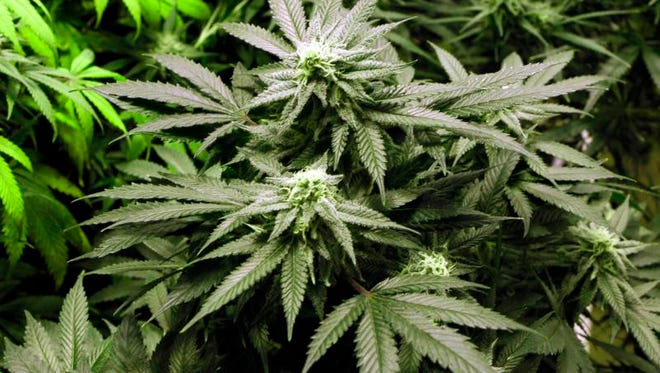The cultivation, sale and consumption of cannabis is legal worldwide only in a few places such as Canada, Uruguay and a handful of American states.
Mexico, an important player in the global marijuana black market, could soon be added to the list. Last week, the lower house of Congress approved draft legislation to that effect and it's likely that the upper house too will sign off on it. In November last year, the upper house already passed the bill but it had to go through yet another vote following a few modifications.
While conservative lawmakers have expressed concerns that consumption and addiction rates could rise, proponents of legalization have said it's a step towards peace.
A failed drug policy
For years Mexico has been plagued by violence stemming from its so-called ‘drug war,' a conflict between the state and the drug cartels, which also fight amongst themselves. Since 2006, more than 300,000 people are said to have been killed in the Mexican drug war. In a few areas in the country, the cartels have taken de facto control and corrupt security forces, politicians and businessmen have joined forces with organized crime syndicates in many places.





